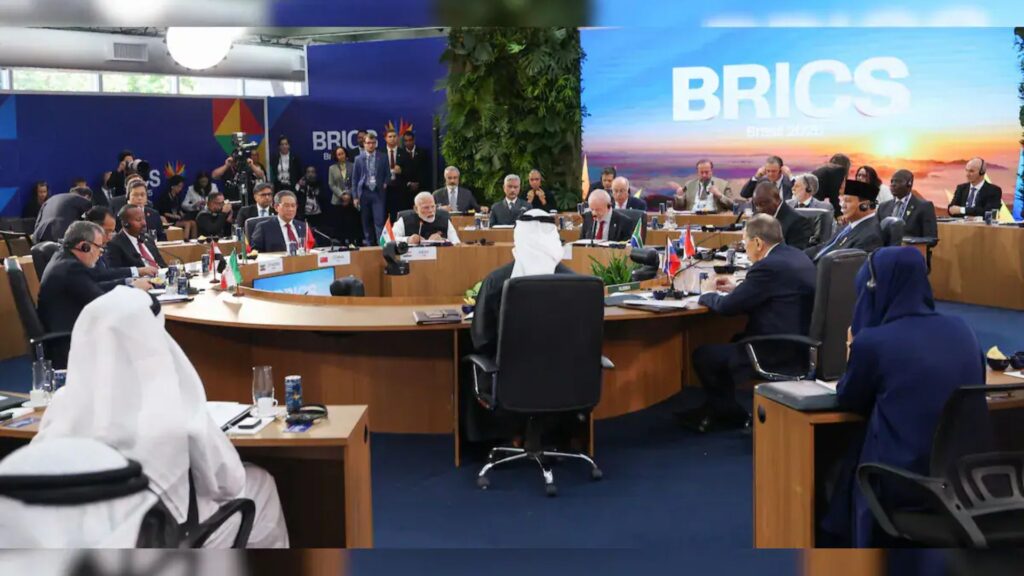Prime Minister Narendra Modi made a strong pitch for overhauling global governance institutions at the BRICS Summit on Sunday, stating that the current global architecture has failed to address the needs and aspirations of the Global South.
Speaking during a session dedicated to peace, security, and institutional reforms, Modi criticized bodies such as the United Nations Security Council (UNSC), the World Trade Organization (WTO), and multilateral development banks for being outdated and unrepresentative. He said these institutions, created in the 20th century, no longer reflect present-day geopolitical and economic realities.
“Two-thirds of humanity remain underrepresented in institutions that continue to operate with structures frozen in time,” Modi said in Hindi. “Many countries that now form a significant part of the global economy have no voice at the decision-making table.”
He emphasized that the Global South continues to receive mere token gestures in key areas such as climate finance, access to technology, and sustainable development. Calling this a “double standard,” Modi said the region has borne the brunt of systemic neglect.
“Development, resource distribution, and global security must reflect the priorities of the Global South,” he said. “Without its voice, institutions of global governance resemble a mobile phone with a SIM card but no network.”
India, which positioned itself as a leading voice of the Global South during its G20 presidency in 2023, has continued to advocate for more equitable global representation. Modi highlighted India’s outreach to developing nations and efforts to build stronger developmental partnerships as part of this broader strategy.
He warned that institutions stuck in the past are ill-equipped to tackle today’s pressing challenges — from regional conflicts and global health emergencies to economic shocks and cybersecurity threats. “We cannot solve 21st-century problems with 20th-century tools,” he said. “Reforms must go beyond symbolism and lead to real, structural changes — including in governance frameworks, voting rights, and leadership roles.”
Praising the recent expansion of BRICS with the addition of Egypt, Ethiopia, Indonesia, Iran, and the UAE, Modi said the bloc has shown a willingness to evolve. He called for similar flexibility in global institutions like the UNSC and WTO. “In a world where artificial intelligence is updated weekly, it is unacceptable that global bodies haven’t been updated in 80 years,” he remarked.
On the issue of terrorism, Modi stressed that international condemnation should be consistent and principled. Referring to the recent terrorist attack in Pahalgam, he said, “If we evaluate terrorism based on where it occurs or who the victims are, we betray the cause of humanity.”
Modi arrived in Rio earlier on Sunday as part of the fourth leg of his five-nation tour. After the summit, he will travel to Brasília for a state visit — the first by an Indian Prime Minister to Brazil in nearly 60 years.
The BRICS grouping, initially comprising Brazil, Russia, India, and China, was formed in 2009. South Africa joined in 2011, turning it into BRICS. The most recent expansion, completed during 2024–25, reflects the bloc’s growing geopolitical significance and commitment to multipolarity.
